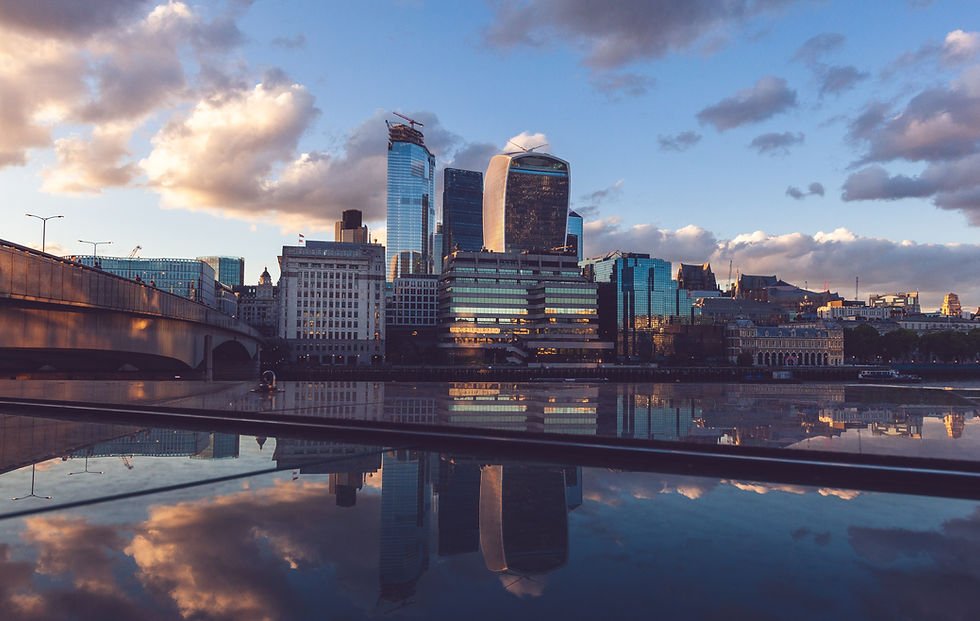UK inflation unexpectedly rose to 3.1% for the month, a considerable increase from the previous month's 2.7%. This rise, according to the Office for National Statistics (ONS), has put the Bank of England (BoE) in a difficult position as it considers its next interest rate move amid concerns about reigniting inflation pressures.

The spike in inflation was mostly driven by a variety of factors, including an increase in energy prices as a result of geopolitical tensions and supply chain disruptions, which have raised expenses for businesses and, by extension, consumers. Furthermore, food prices have continued to rise, with the ONS stating that food inflation has not abated as soon as anticipated, owing to weather-related challenges in agricultural production both locally and internationally.
This inflation surge has caught both policymakers and investors off guard, especially since many expected inflation to remain on a lower trend following earlier signs of cooling. The announcement has prompted a rapid recalibration of expectations for the BoE's upcoming monetary policy meeting, with investors now betting on a rate hike to alleviate inflationary pressure.
Business leaders are concerned that further rate rises will hinder economic recovery at a time when many sectors are still recovering their footing following the outbreak. The Confederation of British Industry (CBI) has warned that increased interest rates may limit investment and consumer spending, potentially tipping the economy into stagnation or worse, a recession.
In contrast, consumer groups and trade unions are advocating for steps to defend living standards. With salaries failing to keep up with inflation, there is growing public unhappiness, which might lead to political pressure on the government to intervene, possibly through targeted relief programs or pushing for a delay in rate hikes.
The Bank of England is presently in a difficult position. On the one hand, allowing inflation to continue high may erode buying power and undermine expectations of price stability. However, excessive rate hikes may hinder economic activity, particularly in borrowing-sensitive sectors like as housing and manufacturing. These reasons must be balanced against the Bank's responsibility to manage inflation at 2%, a goal that suddenly appears further away given today's figures.
Bond yields rose immediately, and the pound strengthened versus other major currencies, reflecting expectations of tighter monetary policy. However, London's stock markets responded in a split manner, with some sectors, such as energy, benefiting from the inflation announcement, while others, particularly consumer discretionary, suffered losses due to concerns about diminished consumer spending power.
Political responses have been diverse. The Chancellor, Rachel Reeves, has reaffirmed the government's commitment to the BoE's independence while noting the importance of fiscal policy in complementing monetary efforts to manage inflation. Opposition parties have been quick to criticize, calling for immediate action to address the cost-of-living crisis.
As the UK deals with this unanticipated inflationary increase, the coming weeks will be telling. The next policy decision by the Bank of England will have an impact on both domestic economic conditions and investor sentiment about the UK economy. The bank's decision to raise interest rates, remain constant, or take a more nuanced approach with forward guidance will have a significant impact on economic predictions for 2025.